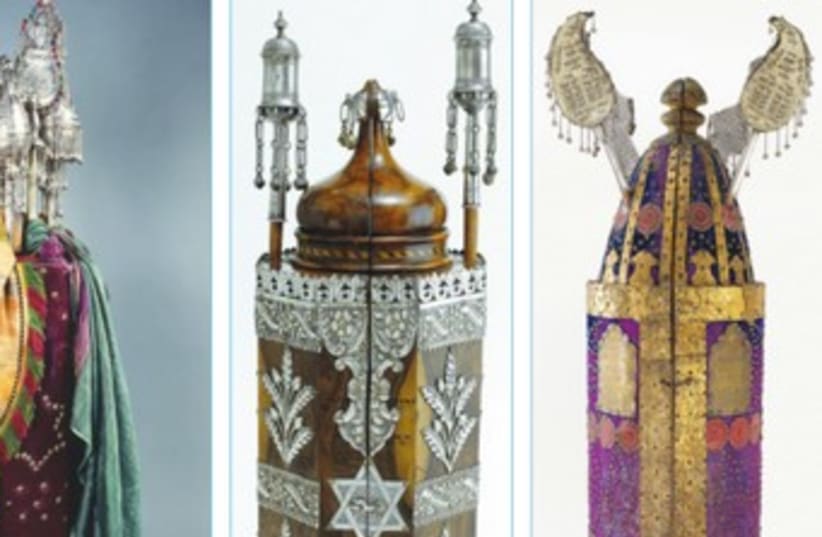This week, when we hear Parashat Vayigash, we will listen to the climax in the ongoing drama between Joseph and his brothers.
In previous weeks, we read about the tense relationship between them, which led to the inconceivable step of the sale of Joseph to foreign merchants. The brothers, eaten up by their conscience and feelings of guilt, descend to Egypt to get food for their families, who are suffering from the famine in the Land of Canaan.
The ruler in Egypt – none other than Joseph, who had risen to power after years in an Egyptian prison – tests them in the most sensitive of areas: their loyalty to their elderly father, Jacob, and to their little brother – Binyamin.
After they passed the test and were willing to sacrifice their own freedom for Binyamin’s, Joseph opens his heart and with great emotion, tells them the following amazing sentences: “I am your brother Joseph, whom you sold into Egypt… But now do not be sad, and let it not trouble you that you sold me here, for it was to preserve life that God sent me before you… you did not send me here, but God” (Bereishit 45, 4-8).
At this fateful moment, when Joseph reveals his identity to his brothers, he clarifies for them his world outlook, which has accompanied and empowered him throughout his difficult years: “You did not send me here, but God!” Reading this, thousands of years later, we are still amazed by Joseph’s greatness.
We would have understood had Joseph been consumed with feelings of anger, insult and betrayal. The injustice done to him by his brothers was the most severe thing that could be done among brothers. The sale of a person into slavery is a most severe sin, certainly when it is the sale of a brother. The Torah itself acknowledges this when it decrees that the punishment for selling a man into slavery is death (Shmot 21, 16).
We would have expected that Joseph, now that he was a ruler in Egypt and had the ability, would have punished his brothers – justifiably – for selling him into slavery.
But Joseph surprises us again with his strong faith; faith that overcomes the human feelings of anger and revenge, and he declares before them that he does not hold a grudge against them. On the contrary, he wants to take them under his wing and sustain them during the years of famine.
What is this faith of Joseph’s that allows him to transcend this tremendous anger? Joseph clarifies to his brothers – and to us – that he has a different perspective on the events a man experiences in his lifetime.
“You did not send me here, but God.”
It seems to each of us occasionally that someone is disturbing us in our lives. Sometimes it is a family member, or possibly someone at work. It is a frustrating phenomenon that causes us great anger. “How could he do this to me?” is a sentence we are accustomed to saying, and we often follow it by saying, “I’ll show him!” Joseph teaches us that everything that happens to us is from God. And even what seems bad at first, ultimately is for the best.
The brothers who sold him into slavery meant to harm him, but in the end, it turned out that this sale led to Joseph’s rise to power – which resulted in his saving Jacob and his family from famine.
We must recognize that there is no one in the world who can disturb us. Every action a person does is a divine decision, and what seems to us a disturbance can turn out to be to our benefit.
The writer is rabbi of the Western Wall and Holy Sites.
